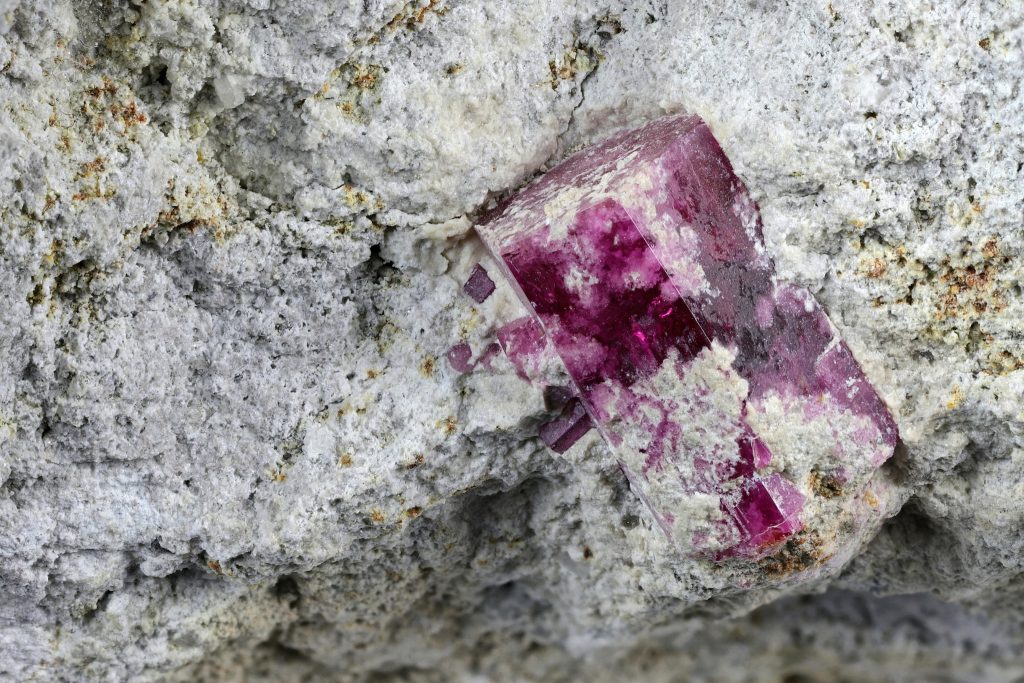Rare earth metals, a group of seventeen elements with unique properties, play a crucial role in various industries, from electronics and renewable energy to defense and healthcare. As the demand for these essential resources continues to rise, it becomes imperative to identify the country with the largest supply of rare earth metals. In this article, we delve into the depths of this topic, exploring the global landscape and uncovering the answer to the question: Which country has the largest supply of rare earth metals?
- China's Dominance:
When it comes to rare earth metals, China stands as the unrivaled leader, accounting for approximately 80% of the global production. The country's rich reserves and cost-effective extraction methods have allowed it to establish a virtual monopoly in the rare earth market. China's dominance in this sector has significant implications for global supply chains and geopolitical dynamics. - The Baotou Effect:
Within China, the city of Baotou in Inner Mongolia has emerged as the epicenter of rare earth production. Its Bayan Obo mine, the largest rare earth deposit in the world, has been instrumental in China's dominance. However, the environmental consequences of mining and processing rare earth metals in Baotou have raised concerns, leading to calls for sustainable practices and diversification of supply sources. - Emerging Players:
While China currently holds the largest supply, other countries are making strides to challenge its dominance. One such contender is Australia, which possesses substantial rare earth reserves, particularly in the Mount Weld mine. With increasing investments in extraction technologies and sustainable practices, Australia aims to become a significant player in the global rare earth market. - The United States' Pursuit:
Recognizing the strategic importance of rare earth metals, the United States has taken steps to reduce its dependence on Chinese supply. Efforts are underway to revive and expand domestic production, with projects such as the Mountain Pass mine in California gaining momentum. Additionally, the U.S. government is actively exploring partnerships with allied nations to establish a diversified supply chain. - Global Implications:
The concentration of rare earth metal production in a single country raises concerns about supply security and market manipulation. As industries heavily reliant on these elements seek to ensure a stable supply, diversification strategies and technological advancements in recycling and substitution gain prominence. The global community must work together to address these challenges and foster a sustainable and resilient rare earth supply chain.
Conclusion:
In the realm of rare earth metals, China currently holds the crown for the largest supply. However, the landscape is evolving, with other countries striving to challenge China's dominance. As the world becomes increasingly aware of the strategic importance of these elements, efforts to diversify supply sources and promote sustainable practices gain momentum. By fostering international collaboration and innovation, we can ensure a stable and secure future for the rare earth industry.


More Stories
Solar Panel and Cell FAQ: Your Guide to Tailored Solutions from a Professional Maker
Inspiration Powered by Light: How Mini Monocrystalline silicon Solar Panels Enable Self-Sufficient Creativity
Industrial Applications of Trina Solar Panels: Powering Large-Scale Operations